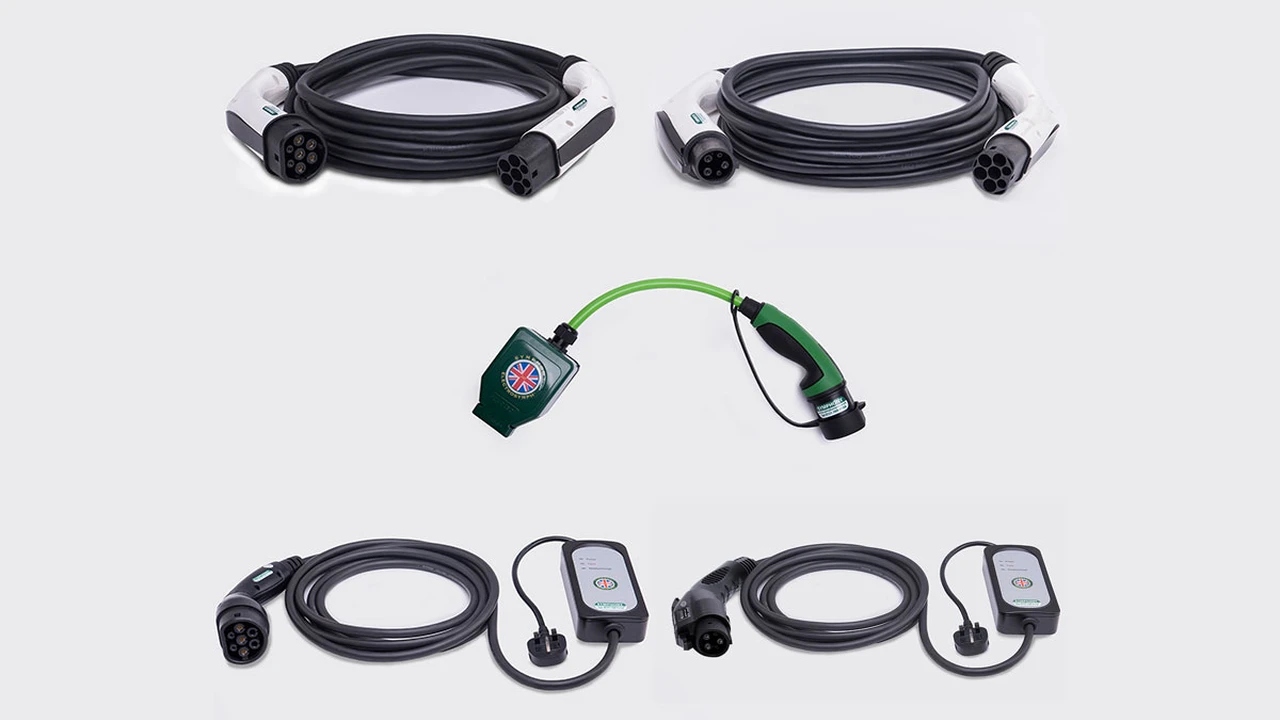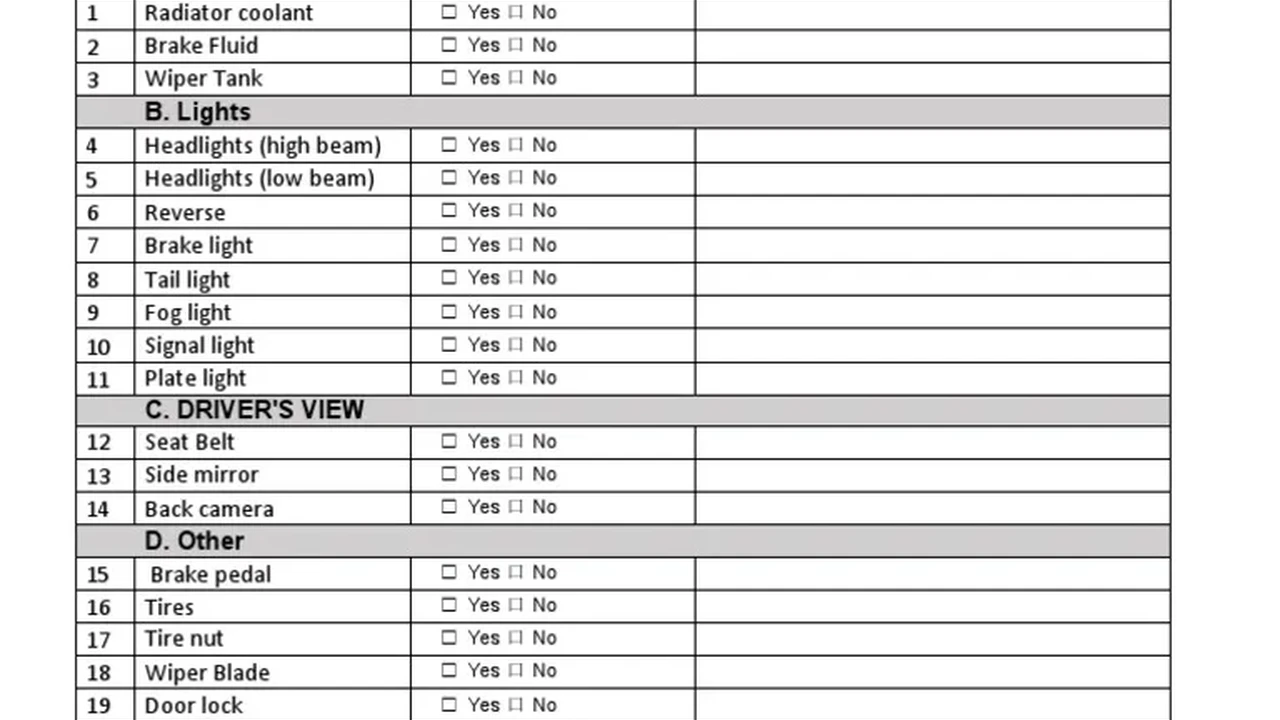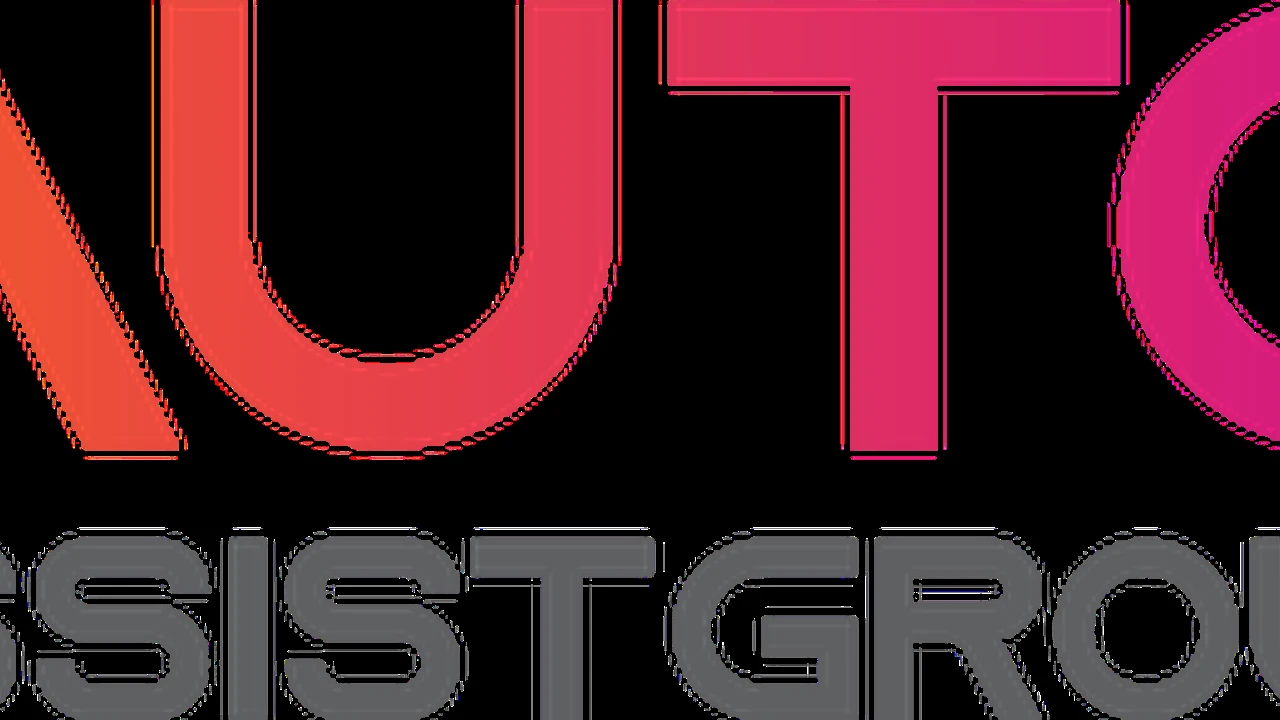EV Charging Adapters: Connecting to Different Charging Stations

EV charging adapters are essential for connecting to different charging stations. Understand the different types of adapters and their compatibility. Learn how to choose the right adapter for your EV and charging needs. Charge with confidence.
Understanding EV Charging Adapters Types and Compatibility
So, you've got your shiny new electric vehicle, ready to hit the road and… wait, the charging station has a different plug? Don't sweat it! That's where EV charging adapters come in. Think of them as translators, allowing your EV to speak the charging station's language. But before you grab just any adapter, let's break down the different types and what they're compatible with. It's like learning a new language; knowing the basics is key.
First off, you'll often hear about Level 1, Level 2, and DC Fast Charging (Level 3). These aren't adapter types themselves, but rather charging speeds. Adapters are usually needed for different plug *types* within these levels. The most common in North America are:
- J1772 (Type 1): This is the standard for Level 1 and Level 2 charging in North America. Most EVs come with a J1772 inlet.
- Tesla Proprietary Connector (NACS - North American Charging Standard): Tesla uses its own connector for both Level 2 and DC Fast Charging (Supercharger). However, Tesla provides adapters for J1772 stations.
- CCS (Combo Charging System): This adds DC Fast Charging capability to the J1772 connector. It's basically a J1772 with two extra pins below for high-speed charging.
- CHAdeMO: An older DC Fast Charging standard, primarily used by Nissan and Mitsubishi. It's becoming less common as CCS gains dominance.
Therefore, adapters are typically used to convert between these plug types. For example:
- Tesla to J1772 Adapter: Allows a Tesla to charge at a non-Tesla Level 1 or Level 2 charging station.
- J1772 to Tesla Adapter: While less common now, these allowed other EVs to charge at Tesla destination chargers (Level 2 only, *not* Superchargers). With Tesla opening its NACS standard, this is becoming obsolete.
- CHAdeMO to Tesla Adapter: Allows a Tesla to charge at a CHAdeMO DC Fast Charging station. These are relatively expensive and less useful as CHAdeMO stations are being phased out.
- CCS to Tesla Adapter (NACS): Allows Tesla cars to charge at CCS charging stations.
Understanding these basics is crucial. You wouldn't try to plug a European outlet into a US one without an adapter, right? Same principle applies here.
Choosing the Right EV Charging Adapter for Your Needs
Okay, so you know the types. Now, how do you pick the *right* adapter? It's not just about plugging A into B. Here's what to consider:
- Your EV's Charging Port: This is the most obvious. What kind of inlet does your EV have? J1772? Tesla? This dictates what adapters you *can* use.
- Charging Station Availability: Where do you typically charge? If you mostly charge at home or at Tesla Superchargers, you might not need any adapters. However, if you travel frequently and rely on public charging stations, a J1772 adapter for your Tesla (or a CCS adapter for newer Teslas) is a must-have.
- Charging Speed Requirements: Adapters don't magically increase charging speed. They only allow you to connect to different plug types. If you need DC Fast Charging, make sure the adapter and the charging station support it. A Level 2 adapter won't let you fast charge.
- Safety Certifications: This is critical! Only buy adapters from reputable brands that have been tested and certified by organizations like UL or ETL. Cheap, uncertified adapters can be fire hazards. Don't risk your car or your home to save a few bucks.
- Power Rating: Ensure the adapter's power rating (amps and volts) matches or exceeds the charging station's output and your EV's charging capacity. Using an adapter with a lower power rating can damage the adapter, the charging station, or your EV.
- Weather Resistance: If you plan to use the adapter outdoors, choose one that is weather-resistant and designed to withstand rain, snow, and extreme temperatures.
- Build Quality and Durability: Look for adapters made from high-quality materials that can withstand frequent use and rough handling. A robust adapter will last longer and provide a more reliable connection.
Think about your charging habits and potential scenarios. Do you anticipate needing to charge at campgrounds with only J1772 outlets? Then a Tesla to J1772 adapter is essential. Planning a cross-country trip? A CCS adapter for your Tesla will open up a wider network of DC Fast Charging options.
Product Recommendations and Comparisons for EV Adapters
Alright, let's get specific. Here are a few recommended EV charging adapters, along with their pros, cons, use cases, and approximate prices (remember prices can vary!):
Tesla to J1772 Adapter (for Teslas charging at J1772 Stations)
- Product: Lectron Tesla to J1772 Adapter
- Description: A widely popular and reliable adapter that allows Teslas to charge at any J1772 (Level 2) charging station.
- Pros: Durable, easy to use, good value, widely available.
- Cons: Doesn't support DC Fast Charging, some users report occasional connectivity issues (rare).
- Use Case: Essential for Tesla owners who want to access the vast network of non-Tesla Level 2 charging stations. Ideal for road trips or charging at hotels, workplaces, or public charging spots.
- Price: ~$160 - $200
Tesla CCS Combo 1 Adapter (NACS to CCS Adapter)
- Product: Tesla CCS Combo 1 Adapter
- Description: Allows newer Teslas (with CCS enabled) to charge at CCS DC Fast Charging stations.
- Pros: Opens up a wider network of DC Fast Charging options, essential for long-distance travel.
- Cons: Can be expensive, only works with CCS-enabled Teslas, some early versions had compatibility issues (now resolved).
- Use Case: Crucial for Tesla owners who frequently travel long distances and need access to non-Tesla DC Fast Charging networks like Electrify America or EVgo.
- Price: ~$175 - $250
Lectron NACS to J1772 Adapter
- Product: Lectron NACS to J1772 Adapter
- Description: Allows J1772 vehicles to charge at Tesla NACS Chargers.
- Pros: Connects to Tesla chargers, durable and easy to use.
- Cons: Doesn't support DC Fast Charging
- Use Case: Essential for J1772 owners who want to access the vast network of Tesla Level 2 charging stations. Ideal for road trips or charging at hotels, workplaces, or public charging spots.
- Price: ~$160 - $200
Comparison Table
| Adapter Type | Pros | Cons | Use Case | Price (Approx.) |
|---|---|---|---|---|
| Tesla to J1772 | Durable, easy to use, good value | No DC Fast Charging | Accessing non-Tesla Level 2 stations | $160 - $200 |
| Tesla CCS Combo 1 | Wider DC Fast Charging network | Expensive, requires CCS-enabled Tesla | Long-distance travel, accessing non-Tesla DC Fast Charging | $175 - $250 |
| Lectron NACS to J1772 | Connects to Tesla chargers, durable and easy to use | Doesn't support DC Fast Charging | Accessing Tesla Level 2 stations | $160 - $200 |
Tips for Using EV Charging Adapters Safely and Effectively
Using EV charging adapters is generally straightforward, but here are a few tips to ensure safety and optimal performance:
- Always Inspect the Adapter: Before each use, visually inspect the adapter for any signs of damage, such as cracks, frayed wires, or bent pins. Do not use the adapter if it is damaged.
- Ensure a Secure Connection: Make sure the adapter is fully and securely connected to both the charging station and your EV. A loose connection can cause overheating and damage.
- Follow the Charging Station's Instructions: Always follow the instructions provided by the charging station operator. Some stations may have specific procedures for using adapters.
- Monitor the Charging Process: Keep an eye on the charging process, especially during the first few minutes, to ensure everything is working correctly. If you notice any unusual noises, smells, or smoke, stop charging immediately.
- Unplug in the Correct Order: When disconnecting, unplug the adapter from the charging station first, then from your EV. This prevents any potential electrical arcing.
- Store the Adapter Properly: When not in use, store the adapter in a dry, clean place. Avoid exposing it to extreme temperatures or direct sunlight.
- Don't Exceed the Adapter's Limits: Never attempt to use an adapter beyond its rated voltage and amperage. Overloading the adapter can cause it to overheat and fail.
- Check Compatibility Lists: Some adapters have compatibility lists that specify which EV models and charging stations they are compatible with. Check these lists to ensure your setup is supported.
- Read Reviews: Before purchasing an adapter, read reviews from other EV owners to get an idea of its reliability and performance.
Think of adapters as tools. Used correctly, they're incredibly helpful. But like any tool, misuse can lead to problems. A little caution goes a long way.
The Future of EV Charging Adapters: What's Next?
The EV charging landscape is constantly evolving, and so are the adapters. With Tesla opening its NACS connector, we're likely to see a shift towards more widespread NACS adoption. This could eventually lead to fewer adapter needs, especially if other manufacturers follow Tesla's lead. However, for the foreseeable future, adapters will remain a crucial part of the EV charging ecosystem.
We might also see more advanced adapters with features like built-in surge protection, temperature monitoring, and even smart charging capabilities. The future is electric, and adapters are playing a vital role in making that future a reality.
So, there you have it! Everything you need to know about EV charging adapters. Armed with this knowledge, you can confidently navigate the world of public charging and keep your EV juiced up wherever you go. Happy driving!
:max_bytes(150000):strip_icc()/277019-baked-pork-chops-with-cream-of-mushroom-soup-DDMFS-beauty-4x3-BG-7505-5762b731cf30447d9cbbbbbf387beafa.jpg)



 for EVs: Keeping Your Eyes on the Road.webp)


